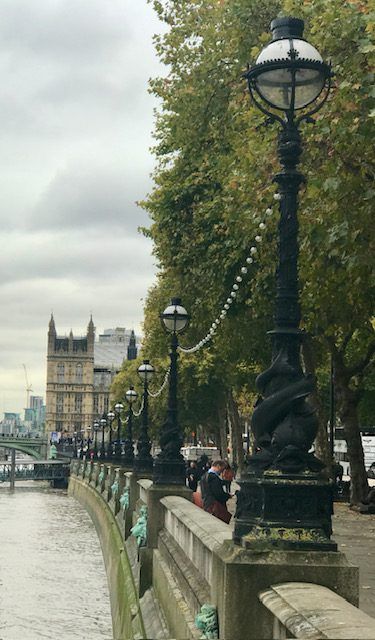Hindsight and Foresight

In Nick Triggle’s article of 26 November 23 for the BBC {https://www.bbc.co.uk/news/health-67514356} he captures the very essence of the challenges of dealing with something complicated, unprecedented and omnipotent. Add into the mix the number of ‘cooks’ involved in the decision making process and you have leadership paralysis waiting to happen. The great cry of “follow the science” seemed appropriate at the time, but with the hindsight being applied by those interviewed thus far, it would appear that the science was not the best leader. Of course letting the science lead gave the Whitehall decision making machine something to hide behind when things didn’t go its way. However, these were unprecedented times; scientists and decision makers had little to fall back on.
So what do the enquiry’s early findings tell us about the decision making process and how leaders in any sector can make better informed and more timely decisions. The enquiry would appear to be shedding light in a number of areas:
- Foresight is key, or as a previous boss of mine put it ‘expect the unexpected’. This is not easy. It takes time and resource away from dealing with current issues. Foresight requires that you deal with the sharks furthest away from your canoe, whilst you deal with those trying to join you in it! A way around this issue is to run a number of planning teams simultaneously. In military terms this would be described as ‘operational plans’ (out to 96 hours) and ‘future plans’ (beyond 96 hours). Whilst a resource heavy solution, it does give the best chance of achieving genuine perspective and allowing decision makers time to draw breath before making decisions.
- Decision making may have been better (informed) had multiple scenarios been planned simultaneously. The UK response to the pandemic very quickly became an ‘either/or’ situation. ‘Either/or’, allows only for a binary decision and removes the potential for compromise or creating hybrid options. Again, resource heavy, but highly likely to deliver more effective solutions.
- Identifying your vision will link the activity achieved through foresight with your intended goal. Without vision, foresight is less useful. As we saw with the pandemic in the UK, the vision may change:
- ‘Stay Home, Protect the NHS, Save Lives’ March 2020 and January 2021.
- ‘Stay Alert, Control the Virus, Save Lives’ May 2020.
- ‘Hands, Face Space’ ran throughout.
- Seek expert advice. The UK government was surrounded by leading figures from medicine, virology and industry. Asking questions and listening to responses is one of the most useful things a decision maker can do. However, leaders should maintain the executive capacity; as we have seen already in the enquiry, the advisors became the decision makers, therefore a number of opportunities were missed and decision making became flawed. The experts would have probably locked down sooner, the economists would have played it longer. This is where the decision makers earn their keep, by balancing the advice, applying their own logic and owning the outcome.
- Embrace different views. Avoid the temptation to hire people who look, sound and think like you. A diverse team is more likely to be better at anticipating what might be around the corner as different experience breeds different types of intuitive behaviour. If experience is our teacher, a broader cross-section of teachers will aid clarity, foresight and decision making. The UK’s Vaccine Taskforce was chaired by Kate Bingham (then the managing partner of SV Health Investors), an industry leader and not a politician or a scientist. The UK program (both procurement and roll-out) was a great success and may have had much to do with the involvement of people who think differently.
I am reassured that, thus far, the Covid enquiry would appear to be seizing the opportunity to learn from what happened. Whilst this sounds obvious, how often do we fail to learn from, or forget, the lessons that history has taught us? The enquiry must learn from adversity. Learning the lessons of both success and failure will assist leaders and decision makers in any industry. Leaders must be prepared for the discomfort of adversity and plan to mitigate its affects. Thorough planning with a diverse and empowered team will allow you to be better prepared when something unforeseen materialises on your horizon.
“What helps luck is a habit of watching for opportunities, of having a patient, but restless mind, of sacrificing one’s ease or vanity, of uniting love of detail to foresight and of passing through hard times bravely and cheerfully”
culture, influencing, leadership, management, planning, resilience, team development